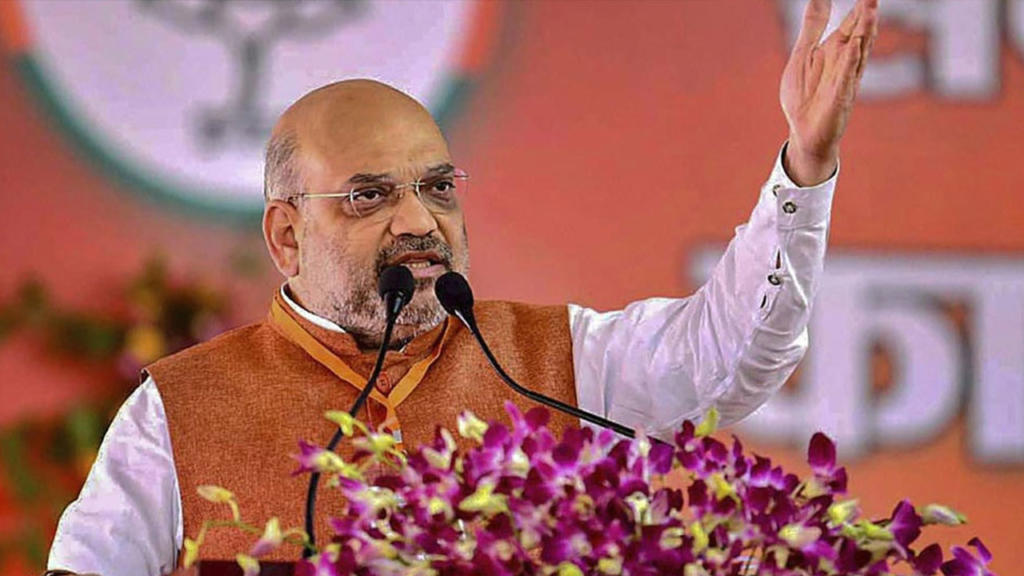Amit Shah’s policy to effectively deal with Bangladesh’s immigration issue has taken a new turn. He has decided to take up the matter of illegal immigrants with his Bangladeshi counterpart Asaduzzaman Khan. Since lakhs of names are likely to be left out of Assam’s National Register of Citizens (NRC), in the final draft, India is keen to ink a deportation deal with the neighbouring country. The publication final NRC list is scheduled for 31st August and the number of people facing deportation may vary accordingly.
The 2 are scheduled to meet on 7th August in the national capital. According to a report by ET, Amit Shah is likely to hold six rounds of parleys with Khan. They would also discuss cross-border smuggling, fake Indian currency, Indian insurgent groups and Rohingya refugees.
Keeping the growing terror situation and threats posed by global terrorist groups in mind, the recent Easter bombings in Sri Lanka will also be discussed. It has been reported that Shah will urge his Bangladeshi counterpart to take action against groups like Jamaat-ul-Mujahideen which is active in Bangladesh and is suspected of having close links with Al Qaeda. The group was recently banned by the Union Home Ministry under UAPA for trying to recruit youths from the bordering states of West Bengal, Tripura and Assam on social media.
The meeting is significant as it is the 1st bilateral dialogue between the 2 countries since elections have been held in India and Bangladesh. This will also be Amit Shah’s first engagement with a foreign leader after taking charge as home minister.
This will be a huge step as currently, India lacks a treaty with Bangladesh regarding the repatriation of its citizens who have illegally entered into India. Last year, then Minister of State for Home Affairs, Shri Kiren Rijiju had stated in Rajya Sabha, “There is no specific treaty or agreement with the Government of Bangladesh regarding repatriation of its citizens who have illegally entered into India. Regarding deportation, details of the suspected illegal migrants, who are apprehended in India, are shared with the respective foreign Missions/Embassies through the Ministry of External Affairs for nationality verification. Such illegal migrants are deported after their nationality is confirmed and travel documents are issued by the respective Foreign Missions/Embassies.”
It has been reported that the Home Ministry, in an 11-page manual has asked all states to establish at least one centre to house illegal immigrants. The ministry specifies that these centres should be modern, allow families to stay together, and should be monitored by CCTVs. They essentially aim to restrict the movement of illegals until they are deported or repatriated.
A couple of years ago, it had been reported that there are approximately 20 million (2 crores) Bangladeshi migrants have been living in India illegally. Bangladesh is a poor country and opportunities are not so readily available. Next door neighbour, India appeals to the Bangladeshi citizens in the form of a golden ticket which they yearn for. Being in the same sub-continent, Bangladeshi culture and language is similar to that of the Indians, which helps them mingle easily, usurping the resources and jobs of the natural citizens. Amit Shah seeks to end this, and amicably working with the Bangladeshi home minister is the first step towards deporting the illegal immigrants.
